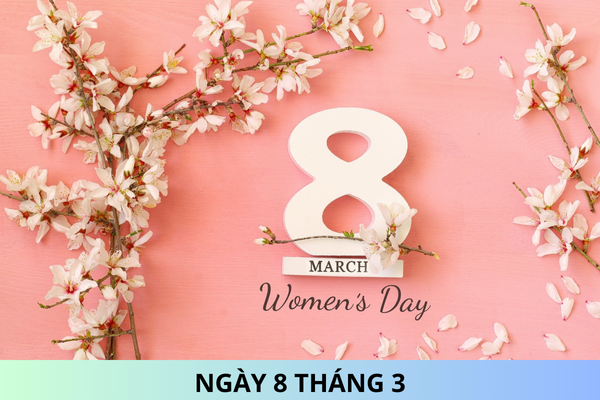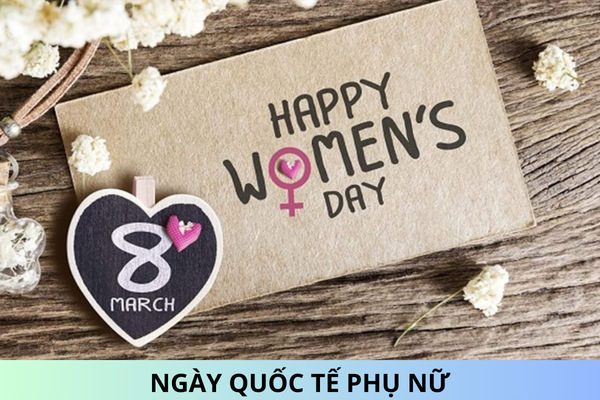Is Lip-Syncing No Longer Prohibited?
To answer the upcoming question of whether a singer is allowed to lip-sync or not, first of all, it is necessary to clearly understand what lip-syncing is.
Currently, the law does not have a specific regulation or definition on this matter. However, in practice, lip-syncing (lip-sync, lip-sync, lip-synchronization, or playback) can be understood as a performer (singer) singing and recording on a disc (cassette) or other devices that can capture sound. The voice, sound in the recording has been processed to eliminate noise, adjust pitch as desired. During the performance, the singer will sing along to match the music and lyrics played from the recording (but in reality, no sound is emitted from the singer).
Thus, lip-syncing is a form of pretending to sing with a pre-recorded piece that can be used in performance programs.
Secondly, regarding the current regulations:
Based on the provisions at Point d Clause 2 Article 6 of Decree 79/2012/ND-CP (effective until February 1, 2021):
Using a recording to replace the real voice of the performer or the real sound of a performing musical instrument is one of the acts prohibited in performing arts activities.
The violator will be fined from VND 5,000,000 to VND 10,000,000 according to the provisions at Point b Clause 3 Article 13 of Decree 158/2013/ND-CP.
However, according to the new regulation in Article 3 of Decree 144/2020/ND-CP (effective from February 1, 2021), this act is no longer listed as a prohibited act in performing arts activities.
Therefore, it can be said that from February 1, 2021, singers are no longer banned from using recordings to replace their real voice during performances. In other words, from the effective date of Decree 144/2020/ND-CP, singers are allowed to "lip-sync" during performances.
According to these provisions, soon the Government of Vietnam may issue a new Decree to replace or amend and supplement the penalties for this act to match the spirit of Decree 144/2020/ND-CP.
Sincerely!










